Dutch to create floating dairy farm
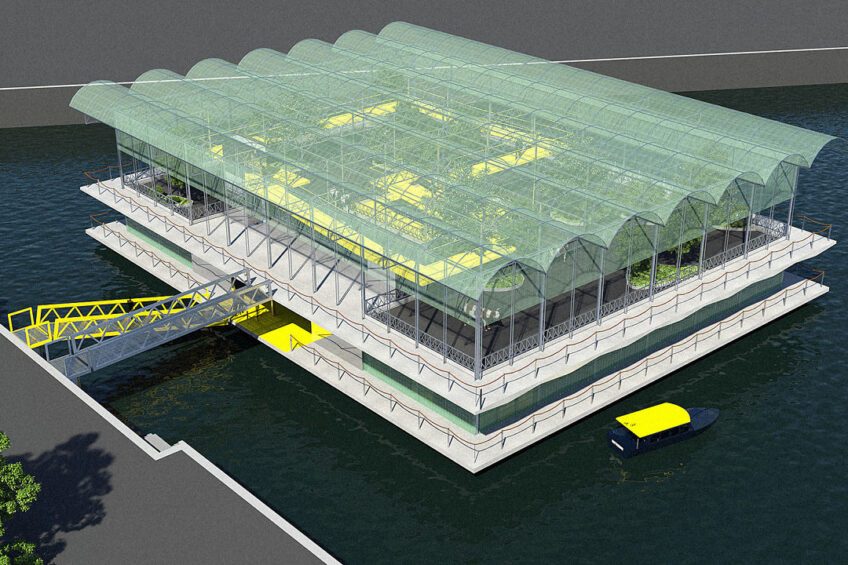
In a bid to save on land space the world’s first dairy farm floating on water is under planning to be built at Rotterdam port in the Netherlands.
The goal of the project is to find a way to feed a growing population without adding pressure on an already scarce supply of land.
Although a concept at this stage, the plan is to have the 40-cow farm fully constructed and functioning by December of this year.
The brains behind this bold move are from Courage, the innovation institute of the Dutch agriculture and dairy sector; Uit Je Eigen Stad, the national frontrunner on city farming and Beladon, a leading Dutch company on floating concepts.
Floated farm in New York on the cards
They say the benefits will have worldwide appeal and have stated that talks are already under way for a floating farm in New York.
Other benefits of such a system, close to urban populations, is reducing the distance that milk and other dairy products need to be transported to urban consumers, reducing greenhouse gas emissions and putting shoppers back in touch with nature and farming.
The group said: “As the Dutch have already lived with and on the water for 100s of years, farming on water is no longer science fiction, but a logical step forward.”

Uit je Eigen Stad
A floating cow garden
At first, a pilot farm is scheduled which will house 40 cows on the floating structure, measuring 40m x 32m. The cows will be able to use a ‘cow garden’ at the top of the structure, with a soft floor which will have the feel of a natural living environment. There will be trees and bushes available to offer areas of shade and the roof of the cow garden can be entirely opened.
Collecting and treating waste
Urine produced by the cows will drain through the floor and into an air-tight storage facility. By keeping it contained there, ammonia emissions will be limited and it will be able to be distributed for use as fertiliser for city farms.
Manure, on the other hand, will be collected and stored separately. A biodigester will be employed to turn the manure into biogas and fertilisers, which in turn can be used to help grow the grass used to feed the cows. Rainwater too will be collected and filtered for the cows to drink.
Additional pastures
Cows will have access to an adjacent pasture by using a bridge between the farm and the dock to cross the water, when tides permit.
The cows will be milked with a robotic milking machine and they will have access to additional grass on the farm grown under LED lighting.
The plan also details that any bull calves or cows coming to the end of their productive life will be removed from the farm and sent to a local park.
Ultimate goal to house 200 cows on a floating facility
When the trial period is deemed a success the goal is then to extend the facilities so the farm can house 200 cows producing 5,000kgs of milk per day.
Raw milk will be dispensed to consumers via a public ‘milk tap’ and vending machines will sell processed produce. Dairy produce will also be sold to local catering outlets, hotels and shops.
Join 13,000+ subscribers
Subscribe to our newsletter to stay updated about all the need-to-know content in the dairy sector, two times a week.
 Beheer
Beheer

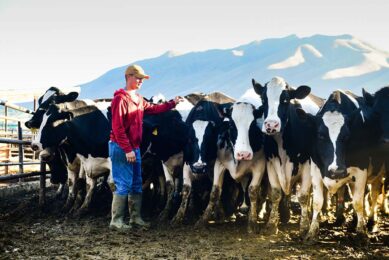
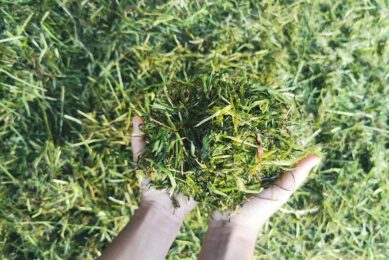
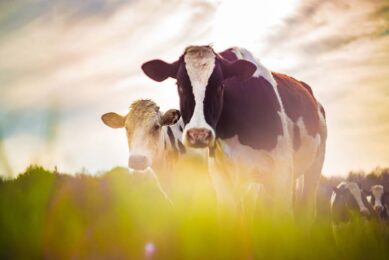
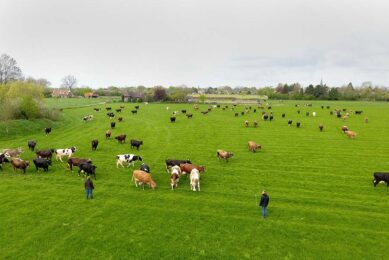
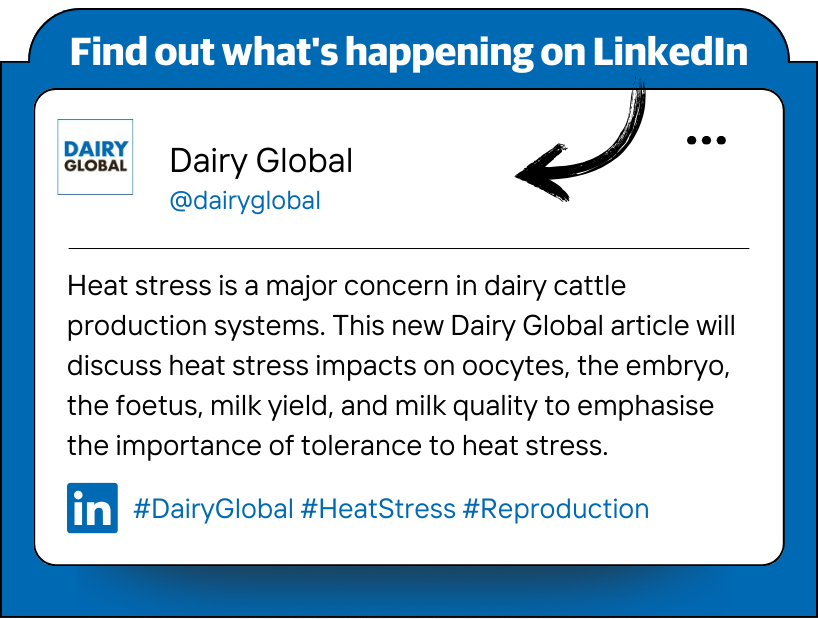



 WP Admin
WP Admin  Bewerk bericht
Bewerk bericht